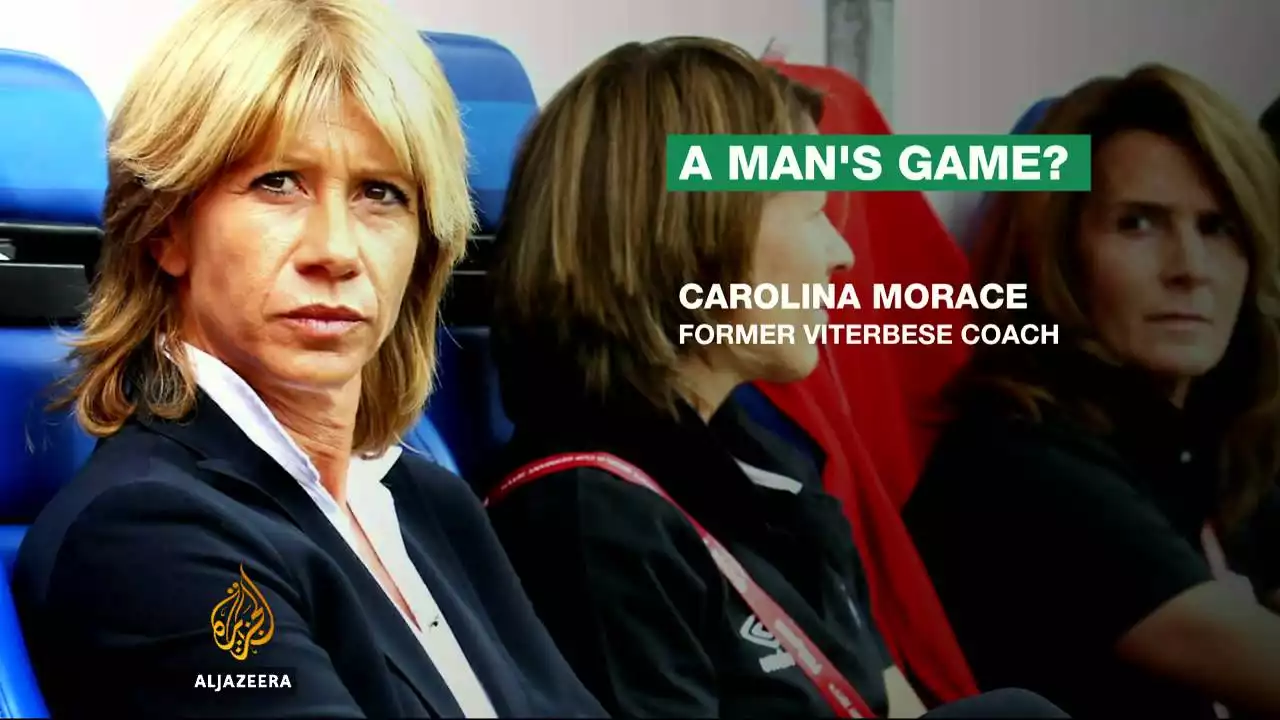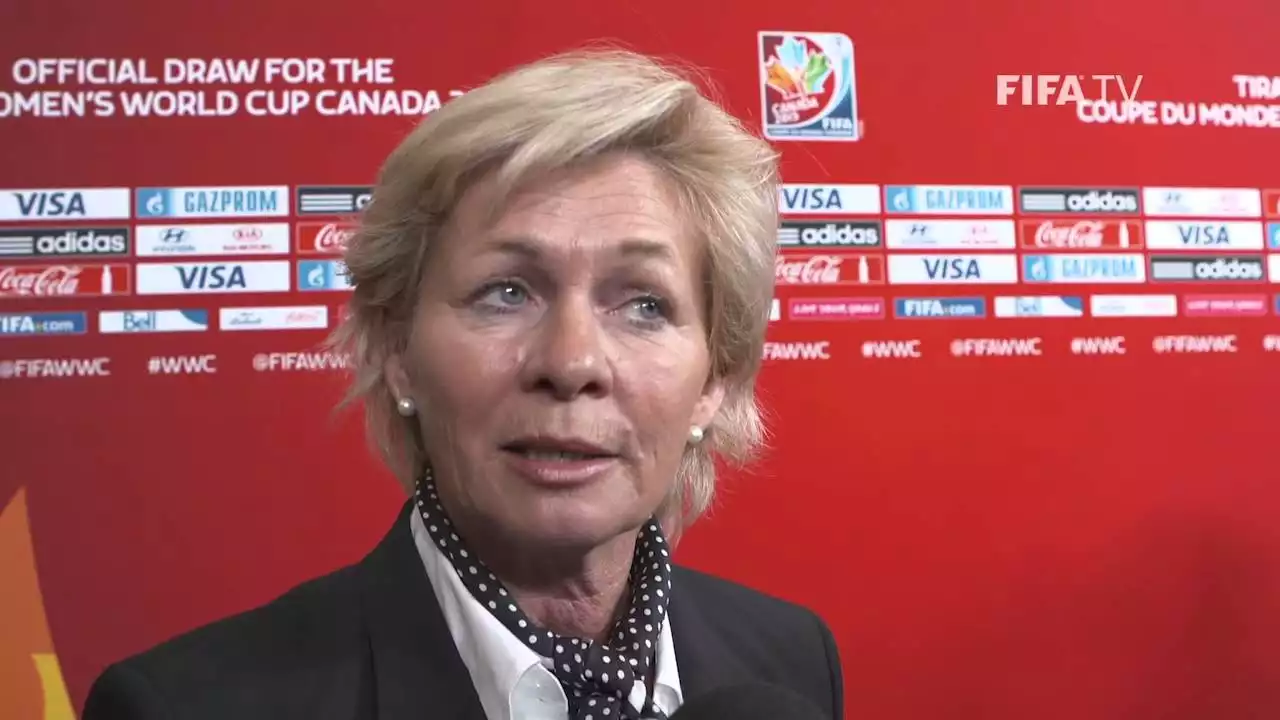The Role of Managers in the Tournament
In any football tournament, the role of the manager is crucial. Managers are responsible for creating game plans, selecting the starting lineup, and making tactical decisions throughout the matches. They play a pivotal role in motivating and guiding the players, ensuring they perform at their best. The UEFA European Women's Championship is no different. The managers in this tournament have the added responsibility of promoting and developing women's football, both on and off the field.
Successful managers understand the importance of teamwork and communication. They work closely with their coaching staff to analyze opponents, devise strategies, and provide training sessions that enhance their team's strengths while addressing weaknesses. The best managers create a positive team culture that fosters unity, trust, and a winning mentality.
Key Qualities of Successful Managers
To become a successful manager in the UEFA European Women's Championship, certain key qualities are essential. Firstly, effective communication skills are paramount. Managers must be able to clearly convey their ideas and instructions to the players, ensuring everyone is on the same page. They must also be excellent listeners, open to feedback and willing to adapt their strategies accordingly.
Furthermore, successful managers possess strong leadership skills. They have the ability to inspire and motivate their players, instilling confidence and belief in their abilities. They lead by example, setting high standards and demanding the same level of commitment from everyone in the team. Additionally, they are adept at managing egos and handling conflicts within the squad, fostering a positive and harmonious environment.
The Most Successful Managers in the History of the UEFA European Women's Championship
Over the years, several managers have made a significant impact in the UEFA European Women's Championship. Let's take a closer look at some of the most successful ones:
1. Hope Powell - As the first full-time professional coach of the England women's national team, Powell led her team to the final of the tournament in 2009. Her innovative tactics and emphasis on technical skills helped elevate England to new heights in women's football.
2. Silvia Neid - Neid, the former head coach of the German national team, is one of the most successful managers in women's football history. Under her guidance, Germany won the UEFA European Women's Championship in 2009 and 2013, showcasing her tactical acumen and ability to build winning teams.
3. Sarina Wiegman - Wiegman, the current head coach of the Dutch national team, made history by leading the Netherlands to their first-ever European title in 2017. Her team's attacking style of play and tactical flexibility were instrumental in their success.
Managerial Tactics and Strategies that Led to Success
Successful managers in the UEFA European Women's Championship employ a wide range of tactics and strategies to gain an edge over their opponents. They carefully analyze the strengths and weaknesses of their own team and their opponents, tailoring their game plans accordingly.
One common theme among successful managers is their ability to adapt their tactics based on the situation. They understand that flexibility is key, especially in a tournament where teams face different opponents with varying styles of play. Whether it's switching formations, making substitutions, or adjusting the team's pressing and defensive lines, these managers are constantly seeking ways to gain an advantage.
Additionally, successful managers prioritize player development and ensure their teams are well-prepared physically and mentally. They invest time and effort into training sessions that focus on improving technical skills, tactical understanding, and overall fitness. This comprehensive approach to player development sets their teams apart and gives them an edge on the field.
Analyzing the Managerial Styles of the Top-Performing Managers
Each successful manager in the UEFA European Women's Championship has their own unique managerial style. Some managers are known for their emphasis on possession-based football, while others prioritize a more direct and attacking approach. Some prefer a high-pressing game, while others opt for a more conservative defensive strategy.
Successful managers understand the importance of playing to their team's strengths. They identify their players' individual abilities and mold their tactics to maximize their potential. They also adapt their style based on the strengths and weaknesses of their opponents, making strategic decisions that give their team the best chance of success.
Challenges Faced by Managers in the Tournament
Managing a team in the UEFA European Women's Championship comes with its fair share of challenges. First and foremost, managers must navigate the competitive landscape of the tournament, facing strong opponents from across Europe. They must analyze their opponents' strengths and weaknesses, devise game plans, and make tactical decisions that give their team an edge.
Furthermore, managers face the challenge of managing player fatigue and injuries throughout the tournament. With a condensed schedule and the pressure to perform at the highest level, it is crucial for managers to carefully manage their players' workload and ensure they are physically and mentally prepared for each match.
The Impact of Successful Managers on Their Teams and Players
Successful managers in the UEFA European Women's Championship have a profound impact on their teams and players. They not only shape the style of play and tactical approach but also instill a winning mentality and a sense of belief in their players. They create an environment where players can thrive and reach their full potential.
Additionally, successful managers have a broader impact on women's football as a whole. They inspire the next generation of players and coaches, paving the way for future success. Their achievements and leadership help raise the profile of the sport and promote equality in football.
Lessons that Can be Learned from Successful Managers in the UEFA European Women's Championship
There are several valuable lessons that can be learned from successful managers in the UEFA European Women's Championship. Firstly, effective communication and leadership are crucial for building a successful team. Secondly, flexibility and adaptability in tactics and strategies can give a team an edge over their opponents. Lastly, investing in player development and creating a positive team culture can lead to long-term success.









